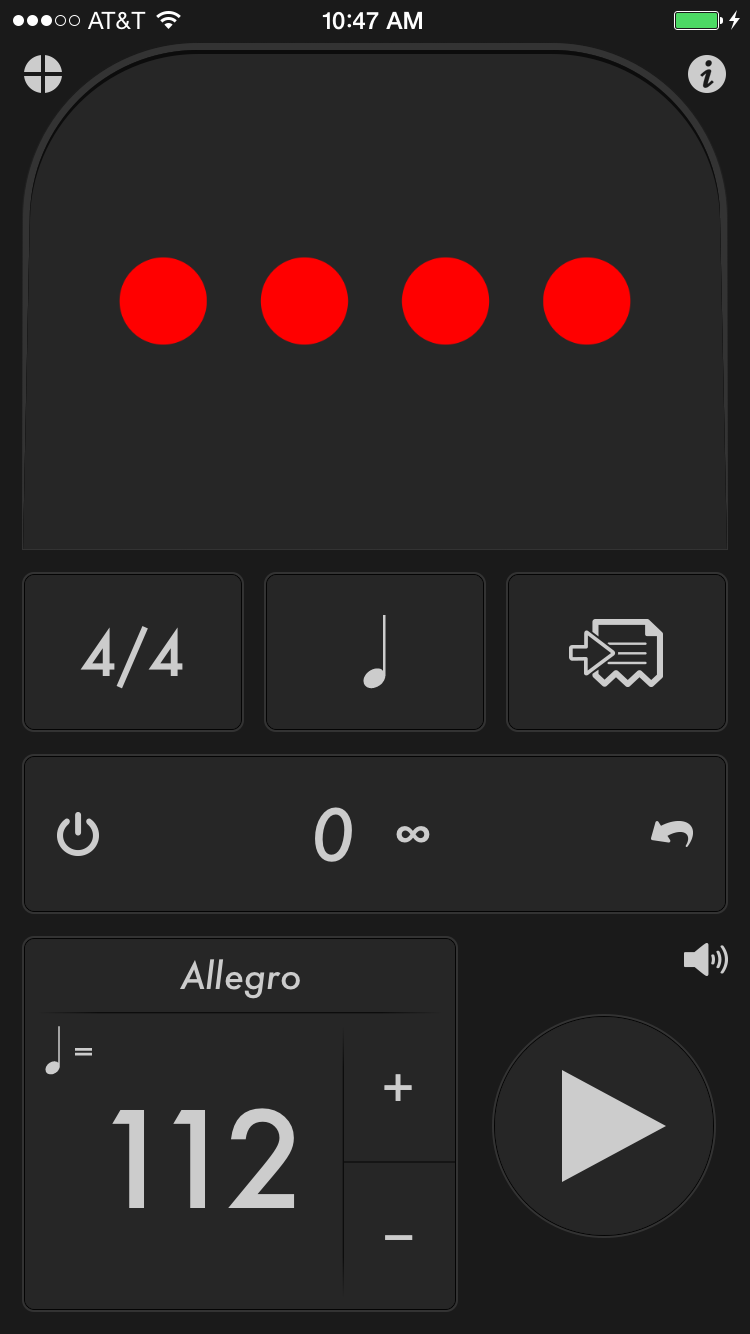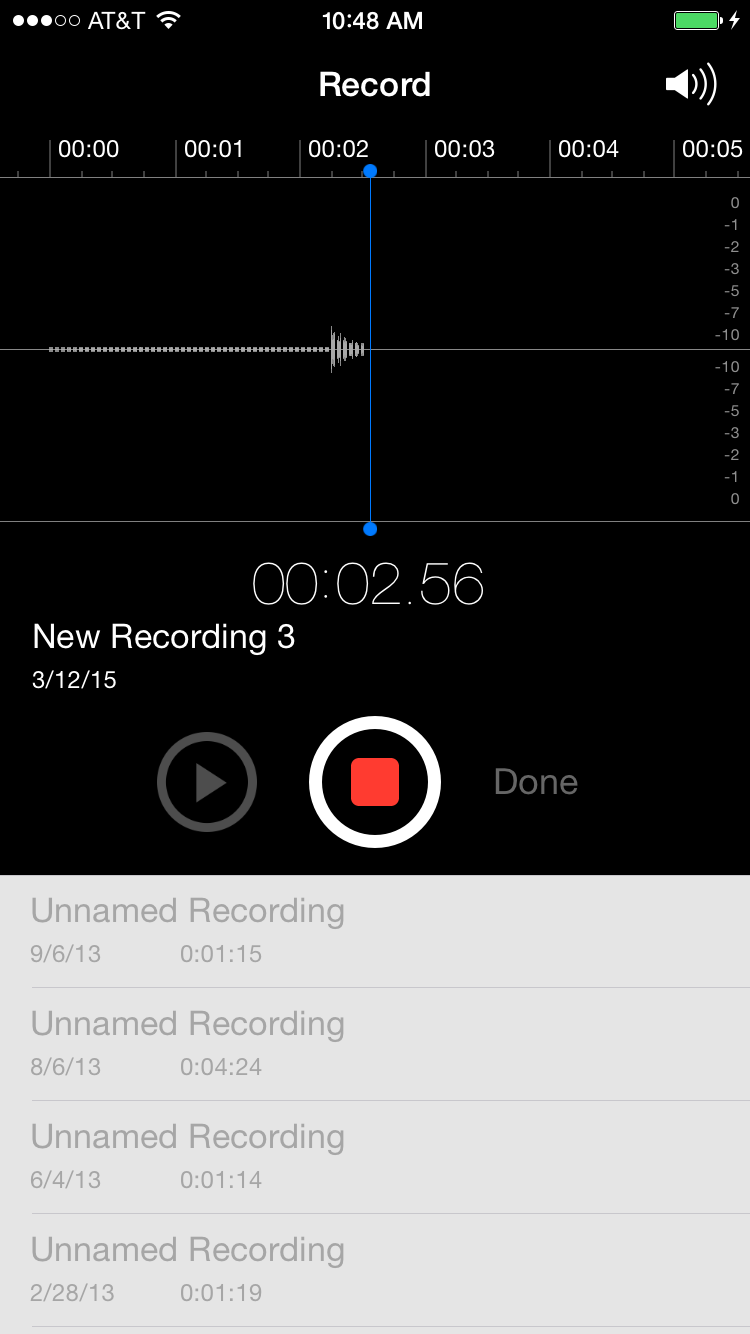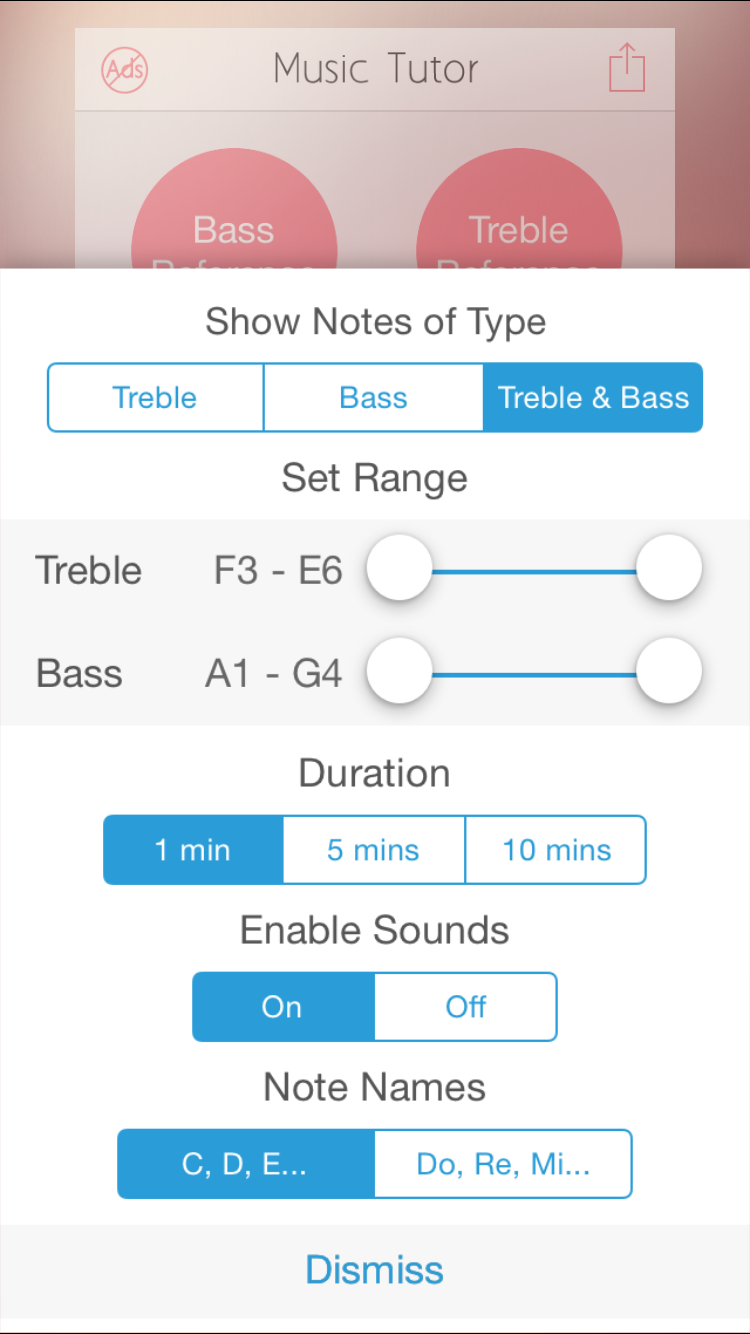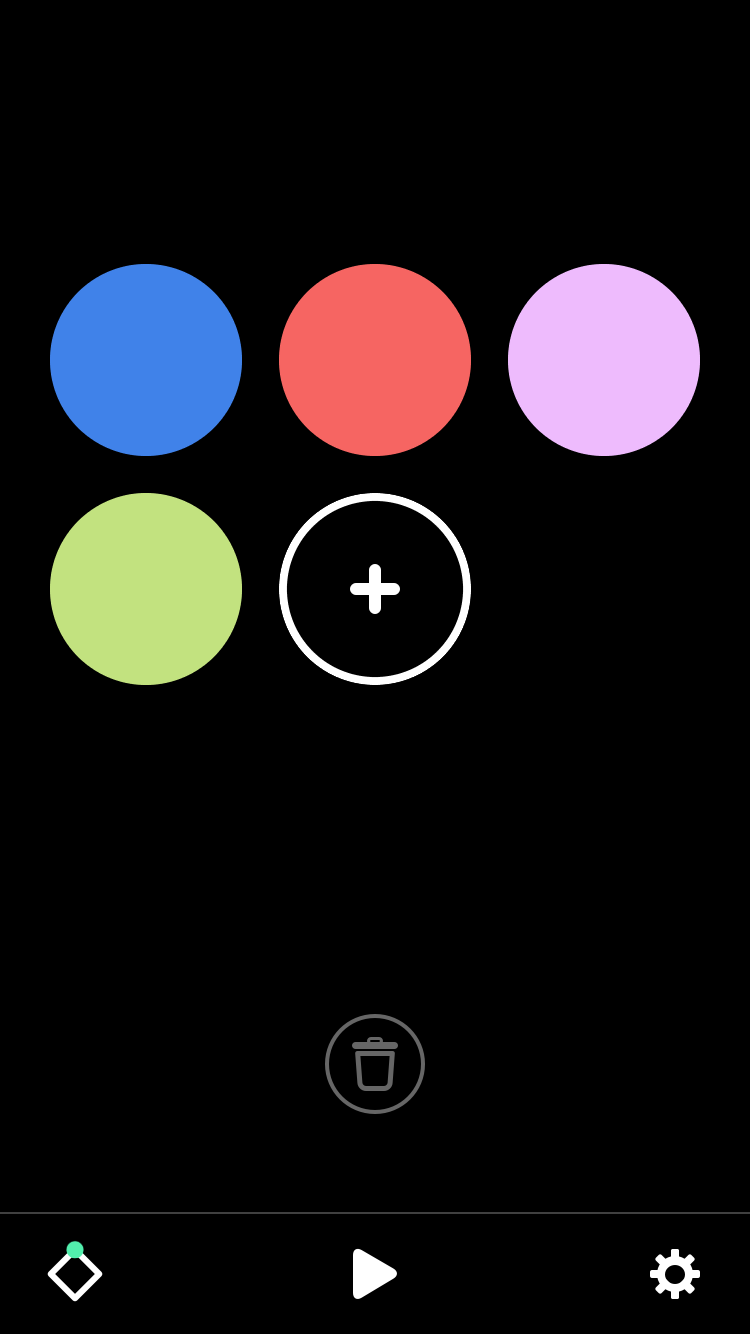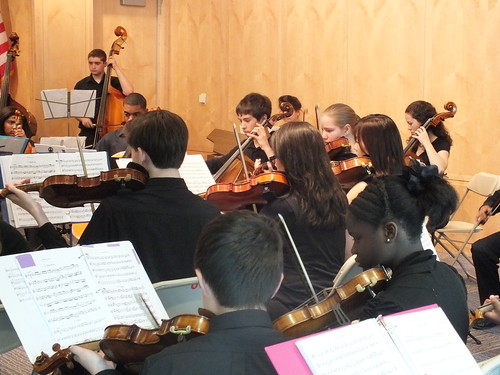A Quick How-To Guide for Teaching Online
We’re all in a mad dash to get teaching online in a hurry! This is by no means complete, but it will get you going quickly and then you can adjust as you get more comfortable with it:
1. Pick a device. A laptop or desktop with a camera will work best, but you can get by with a phone or tablet.
2. Pick an app. Zoom (unlimited free to use for 1-on-1 meetings) is recommended most as it takes care of lag/glitch issues better, but FaceTime and Google Hangouts/Meeting will also work in a pinch. Skype is considered very unreliable, but if you and your students are used to it go for it. There’s a very in-depth review of apps here with suggestions for audio settings on Zoom at the end: ericheidbreder.com. And NATS did a 2+ hour session on things specific to voice that’s available to view below. If you skip past the first bit where they talk about general “why the arts are important” things you’ll get to specifics about the options and even how to set up Zoom. They go into details like how to deal with warm-ups, accompanying, etc. Super helpful.
3. Get your students up to date. Let them know it’s going to be a change and an experiment, but also act as if it will be a fun experiment. Here’s what I emailed them to prepare:
Hi Everyone!
I’ll be moving all my lessons online and teaching from home for the next few weeks. The good news is that it will be easy for you to use (I’m going with Zoom, because it works on all computers and phones) and you should be able to join me by just clicking a link. All you’ll need is a smartphone, though a laptop or tablet might be even better if it’s available. Also, I’ll be able to be a bit more flexible on times if needed (for instance if you have a sibling in a concurrent lesson). I’ll have more details for you soon as I’m putting it all together right now, but wanted to keep you all updated.
In the meantime, please reply and confirm the best email to send the lesson link and more details.
It will be a bit of an experiment, but I bet we'll learn lots of new things, and best of all we'll still be able to make music together. Thanks so much for your understanding and patience as we navigate this difficult time.
And once they confirmed, here’s the email I sent to students taking piano (it’s more involved for voice as I had to record and upload audio of warm-ups, accompaniments, etc.).
Below is the link for joining our online lesson at our regular time. A few things to make it go more smoothly:
1. You can use any smartphone, tablet, or computer. A computer gives the best experience, but a tablet or smartphone will work well, too.
2. It makes it easier if you download the Zoom app ahead of time, but you are supposed to be able to use a browser, too. In that case, Chrome works best.
The link for the desktop/laptop app is https://zoom.us/download, you can search the App Store for “Zoom” for your phone or tablet.
3. Try to have a spot for the camera that is stable and ideally will let me see you and your hands. Even if you can’t work this out for this time, we’ll still get lots done, so don’t worry if it’s not perfect.
4. Headphones can sometimes be helpful, but aren’t necessary.
5. If we have trouble with Zoom, I can also try FaceTime, though it has some lag issues, so that’s not as ideal.
Here’s the invite:
Rebecca Rice is inviting you to a scheduled Zoom meeting.
Topic: Lesson with Rebecca
Time: This is a recurring meeting. Meet at your regular lesson time
Join Zoom Meeting
url goes here
Meeting ID: your code here
Please let me know if you have questions. See you soon!
You may need to follow up with students as some got back to me right away and others had it go to junk, I think because there were links and encouragement to download things. Everyone so far has been lovely and amenable. Hope this helps! Good Luck!
